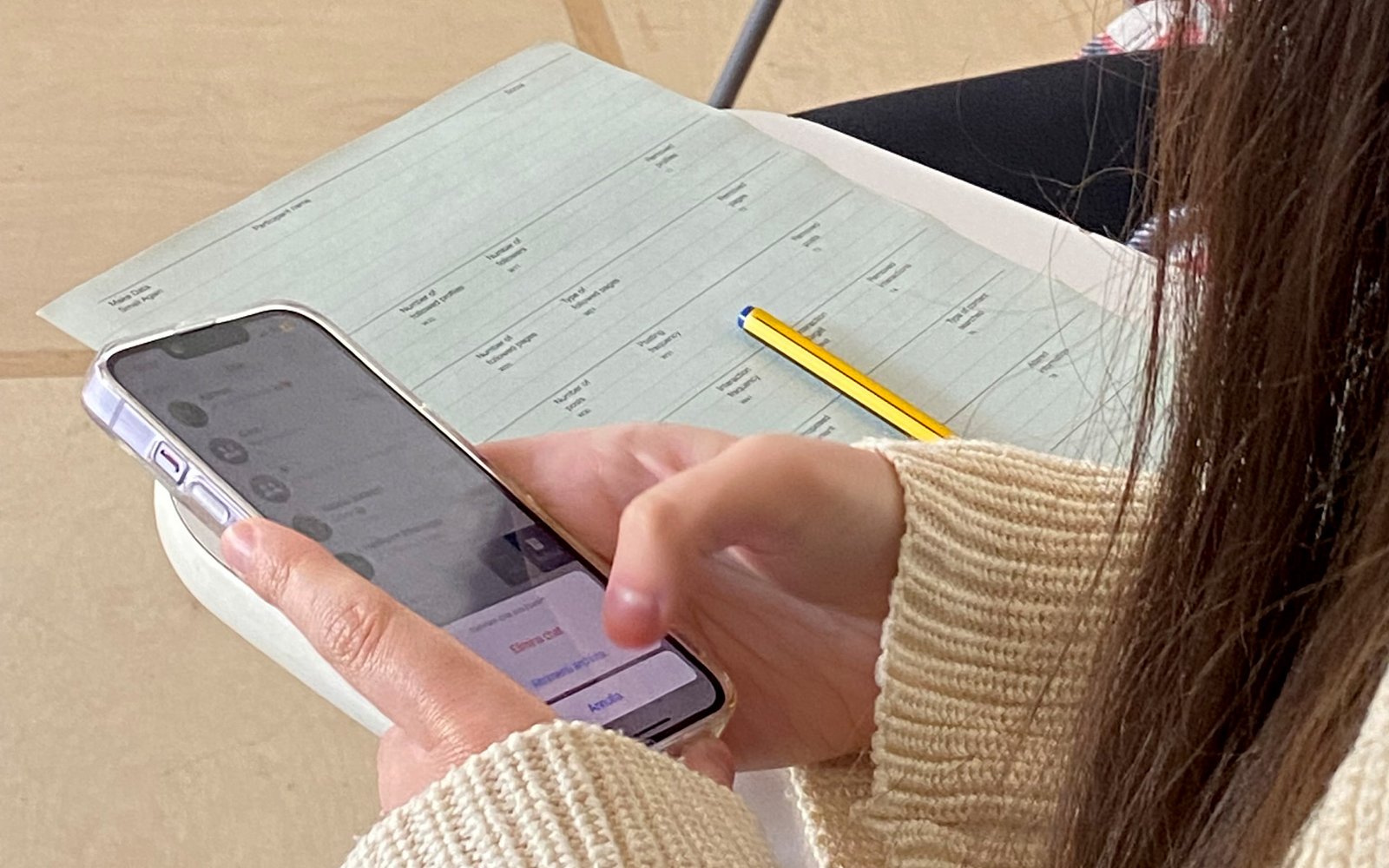Make Data Small Again
A workshop on personal relationship with smartphones and data, Catania.

Intro
In 2018, I coined the slogan “Make Data Small Again” as a playful nod to the Big Data hype and Donald Trump’s infamous MAGA. At the time, I wasn’t sure what it meant or how to use it, but I saw potential and set it aside. Two years later, while planning a workshop for IAM Weekend, a three-day festival centered on the Internet, the slogan resurfaced. It felt like the perfect fit for the event. But how could we actually Make Data Small in a workshop?
Creating and sharing data online has become ridiculously easy. With just a few clicks, we add friends, write messages, upload photos, or record sounds. This ease has made us compulsive creators. But what about undoing all of that—going backward and deleting the data we generate across dozens of apps? Few have the courage to take that step.
Workshop
Make Data Small Again is a digital extreme sport. If generating data is as simple as climbing a stair, MDSA is like bungee jumping. Participants engage in a collective effort to delete or alter significant amounts of personal online data—friends, comments, favorites, search results, and more. Instead of tackling every online service holding their information, participants focus on a single social network they use most frequently.
The workshop unfolds in five stages:
- Unfriending
- Unposting
- Disinteracting
- Sidesearching
- Misinforming
At each stage, participants perform tasks, note their actions, and share their experiences and emotions in group discussions. By the end, the resulting “digital emptiness” is replaced with something deeper: shared stories and insights take the place of ones and zeroes.
This might sound trivial, but I find it fascinating. Many view the workshop as a critique of society and Big Tech. While that’s part of it, it’s not the whole story—I’m not trying to empty an ocean with a bucket.
What intrigues me most is the individual:
- What is our relationship with our own data?
- How do we assign value to it?
- Where is the boundary between personal and public data?
These collective performances foster connection, empathy, and curiosity among participants.
Why It Matters
Thinking of data as cold, lifeless numbers is a mistake—and anyone who’s worked with data knows it. To claim our rights and spark meaningful conversations about data, we first need to investigate and understand what it means to us personally.
